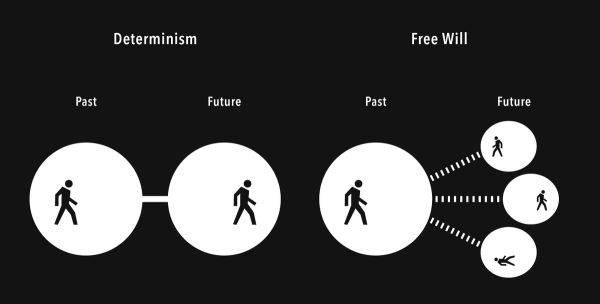The Passage of Time During the Pandemic

The passage of time during COVID. Photo Courtesy Shutterstock
Looking back on our lives in early March, it was hard to imagine a life like the one we are living now. A few weeks of uncertainty preceded that fateful day that Prep announced we would be moving to an online learning environment for at least the next week. Soon after that, the mandated lockdown officially began, and LA county went through months of shaky on and off reopening attempts. Now, time seems to have stretched into an immeasurable blob. Some of this year’s events are still as fresh in people’s minds as if they happened yesterday, and yet memories of other events are so blurred that they seem to have occurred long before the span of the past eight months.
So why does time feel so strange right now? Although several factors are involved, psychologist and neuroscientist Kevin LaBar states that it may largely have to do with the lingering feelings of stress and anxiety many have experienced as a result of the pandemic. Studies show that our “internal clock” works at a faster rate under conditions of stress, which means that we perceive more time to have passed than is actually the case, making a day feel much longer, and hence, making relatively recent events seem further in the past. In an interview with Discover magazine, LaBar explains that “You’re devoting more of your resources — both your attention resources and memory resources — to processing information about the event. That extends the feeling that it’s lasting longer.” Even if our stress level has decreased since the start of the pandemic, we still remember the passage of time according to our stress level at that time.
Our ongoing uncertainty of what the future may hold may also make time feel stretched out more than normal. A study by the University of Toronto found that uncertainty increases one’s perceived amount of time passed. They use the analogy of a car outbound for an unknown destination. To a passenger in the car who doesn’t know how long the trip will last, it will feel longer than it does to a passenger who knows the trip will last thirty minutes. The area’s many reopening attempts, which appeared safe but have all seemed to end in a fresh surge of cases, may have increased our uncertainty of how long this will actually go on. This is exacerbated by the fact that, unlike a car ride, this question is actually extremely relevant to our lives.
Another contributing factor is the loss of a daily routine. For students and non-essential workers, any travel to work or school by car became obsolete, eliminating commute times and saving a lot of time that we didn’t know quite what to do with. So we ended up watching the entirety of Tiger King in one sitting (yes, that was this year!).
Paradoxically, despite time feeling stretched out, it’s also common to feel like March was only yesterday. This is likely due to the abundant memorable and formative experiences from that time that are still fresh in our minds despite actually being a while ago. Our grief, frustration, and disappointments from the time still feel raw.
Perhaps the most frightening thing about this pandemic for many people is that it seems that their remaining time is slipping away and all they can do is sit back and watch helplessly. Of course, this makes the passage of time feel uncontrollably fast, which might explain our collective and slightly insane belief that it is still March, and has been for about 600 years.

Grade: 12
Years on Staff: 4
Why are you writing for The Flintridge Press?
I love stories of any kind. Writing and editing for the Flintridge...






